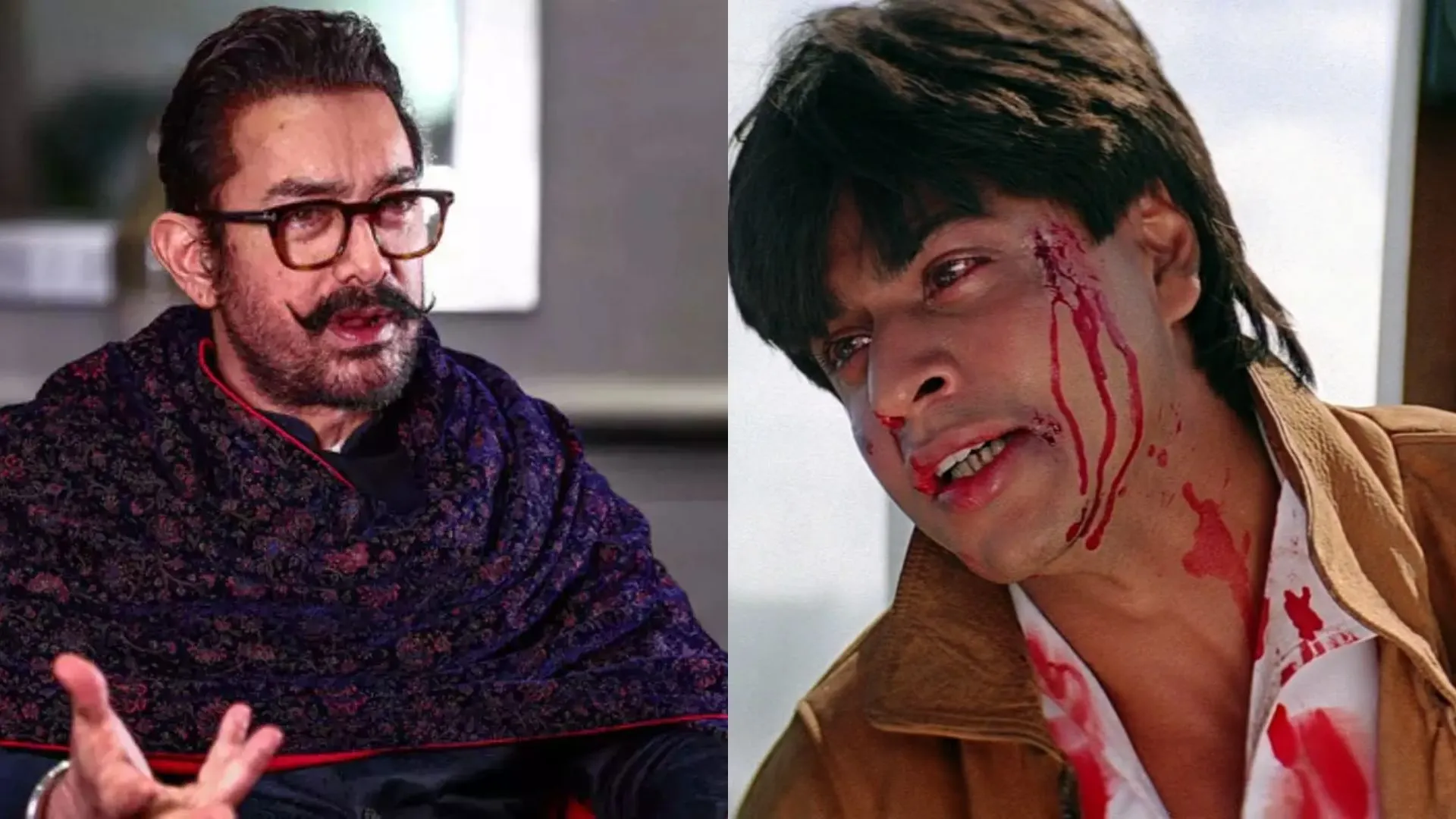Mamata Banerjee also known as ‘didi’ of India, is the current Chief Minister of West Bengal since 2011. She is known to be the first woman to hold the Chief Minister’s office as she stands to be the eighth and the current Chief Minister of Bengal. She is the supremo of TMC (Trinamool Congress). Mamata Banerjee in the 2024 Lok Sabha elections casts her vote from south Kolkata’s Bhabanipur area. Banerjee, who resides on Harish Chatterjee Street, cast her vote at a polling station located in Mitra Institution school.
Glimpse Of Mamata Banerjee’s Role As A Leader
In 1998, she established the All India Trinamool Congress (AITC or TMC) following her departure from the Indian National Congress, eventually assuming its leadership in 2001. Banerjee made history by serving twice as the Minister of Railways, marking her as the first woman to hold the position. Additionally, she held notable roles as the second female Minister of Coal, and Minister of Human Resource Development, Youth Affairs and Sports, Women and Child Development in the Indian government’s cabinet. Her prominence surged when she vocally opposed the land acquisition policies of the Communist-led West Bengal government for the industrialization drive, particularly concerning Special Economic Zones, which came at the expense of agriculturalists and farmers in Singur.
Mamata Banerjee Begins Her Political Career

In 2011, Banerjee orchestrated a sweeping victory for the AITC alliance in West Bengal, unseating the 34-year-old Communist Party of India (Marxist)-led Left Front government, which was the world’s longest-serving democratically elected communist-led government. Serving as a member of the West Bengal Legislative Assembly from Bhabanipur from 2011 to 2021, she later contested and lost the Nandigram assembly seat to the BJP’s Suvendu Adhikari in the 2021 West Bengal Assembly elections, despite her party securing a significant majority of seats.
This made her the third West Bengal Chief Minister to lose an election in her own constituency, following Prafulla Chandra Sen in 1967 and Buddhadeb Bhattacharjee in 2011. Currently, Mamata has contested the Nandigram Constituency result in the Calcutta High Court, with the case under judicial consideration.
Her leadership led her party to a resounding triumph in the 2021 West Bengal assembly polls, subsequently winning re-election as a member of the West Bengal Legislative Assembly from the Bhabanipur constituency in a bypoll. Presently, she stands as the only incumbent female Chief Minister in India.
Mamata Banerjee Early Statge

Banerjee’s journey into politics began in the vibrant backdrop of the 1970s with the Congress party, where she made waves by dancing atop the car of socialist activist Jayaprakash Narayan, a bold protest that garnered significant media attention. Rising swiftly through the ranks, she held the position of general secretary of Mahila Congress (Indira), West Bengal, from 1976 to 1980, showcasing her early leadership prowess.
In a historic turn, Banerjee became one of India’s youngest parliamentarians in 1984, triumphing over veteran Communist politician Somnath Chatterjee to claim the Jadavpur parliamentary Constituency in West Bengal. Simultaneously, she assumed the role of general secretary of the Indian Youth Congress, further solidifying her influence.
However, political tides can swiftly change, and Banerjee experienced this firsthand in the anti-Congress wave of the 1989 general elections, losing her seat to Malini Bhattacharya of the Communist Party of India (Marxist). Undeterred, she made a triumphant return in the 1991 general elections, establishing her stronghold in the Calcutta South constituency, which she retained in subsequent elections, including those of 1996, 1998, 1999, 2004, and 2009.
Banerjee’s tenure as Union Minister of State for Human Resources Development, Youth Affairs and Sports, and Women and Child Development under Prime Minister P. V. Narasimha Rao was marked by bold stands and principled resignations. Notably, her protest rally against the government’s apathy towards sports development showcased her unwavering commitment to her convictions.
Her dedication to justice and accountability was evident in her advocacy for Felani Basak, a physically challenged girl allegedly assaulted by CPI(M) cadres. Despite facing harassment and detention, Banerjee remained resolute, vowing to return to the Writer’s Building only as chief minister.

















